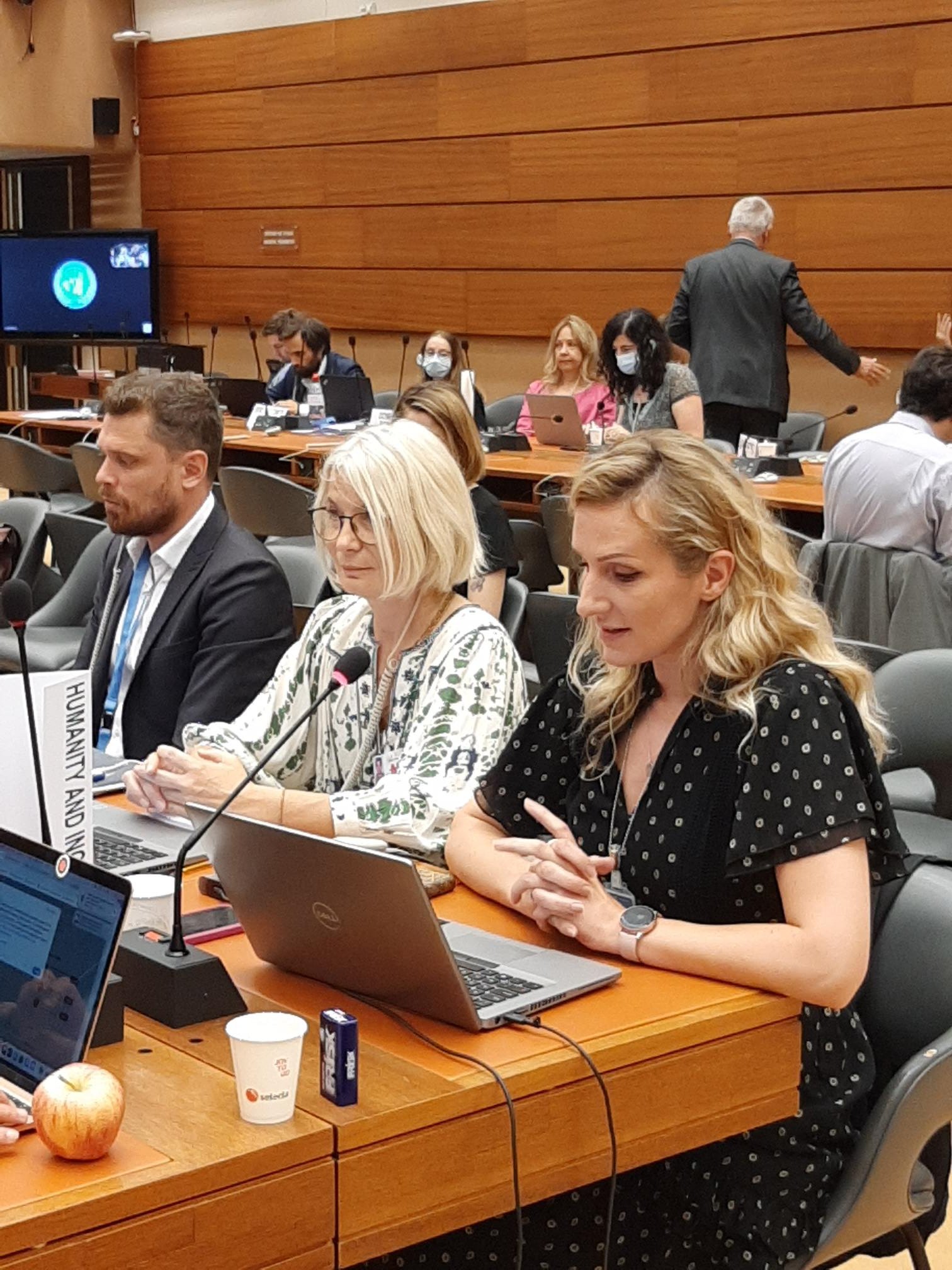States will sign the agreement against the use of explosive weapons in populated areas in Dublin on 18 November. Many States have already pledged to endorse it.
Many States expected to sign
 Concluding a three-year diplomatic process, States, UN agencies, international and regional organisations and civil society will be attending a high-level international conference on November 18 in Dublin to adopt the international agreement against the use of explosive weapons in populated areas.
Concluding a three-year diplomatic process, States, UN agencies, international and regional organisations and civil society will be attending a high-level international conference on November 18 in Dublin to adopt the international agreement against the use of explosive weapons in populated areas.
End of a three-year diplomatic process
At the previous conference, 50 states finalised the text of a political declaration on the use of explosive weapons in populated areas, thus concluding a three-year diplomatic process. An overwhelming majority of states approved the final text of this declaration.
Many states, including Belgium, Bulgaria, France, Germany Norway, Switzerland, South Korean, Sweden, the United Kingdom and the United States, expressed their intention to endorse the declaration when it opens for signature at the upcoming signing conference in Dublin or indicated that they are working towards its endorsement.
An historic change
The agreement commits states to imposing limits on the use of explosive weapons in populated areas to prevent harm to civilians. It further commits states to assisting victims and addressing the long-term impacts of damage and destruction of civilian infrastructure.
Implementation
Once signed, States will need to work to implement the agreement without delay, developing policies at the national level that will change practices on the ground.
Humanity & Inclusion (HI) and its partners in the International Network on Explosive Weapons (INEW) will be actively monitoring this process. With the Explosive Weapons Monitor co-created by HI in 2022, we will monitor military policies and practices to ensure better protection of civilians from explosive weapons. Our goal is to ensure that this international agreement brings about real changes for people affected by war.


 Concluding a three-year diplomatic process, States, UN agencies, international and regional organisations and civil society will be attending a high-level international conference on November 18 in Dublin to adopt the international agreement against the use of explosive weapons in populated areas.
Concluding a three-year diplomatic process, States, UN agencies, international and regional organisations and civil society will be attending a high-level international conference on November 18 in Dublin to adopt the international agreement against the use of explosive weapons in populated areas. 

